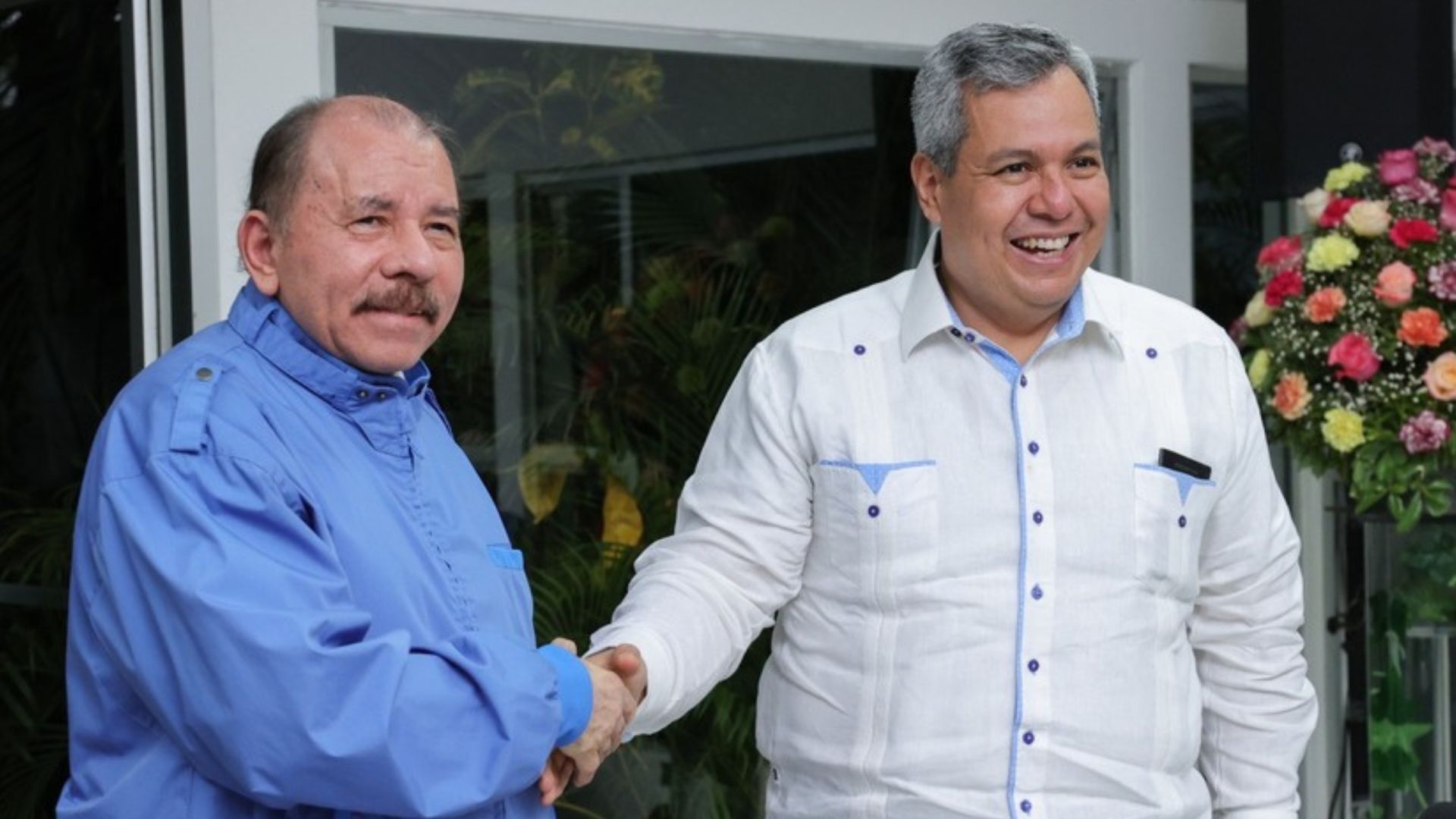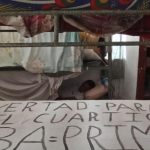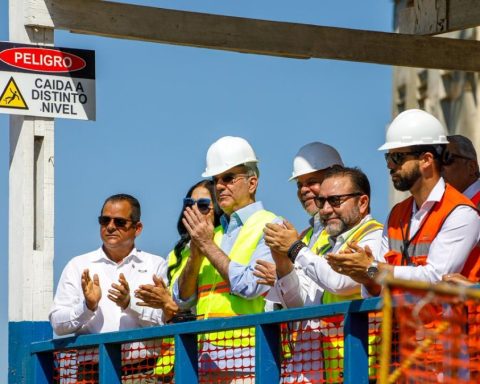The presidents of the Foreign Relations committees of the United States Congress urged this Friday Costa Rica, El Salvador, Guatemala and Honduras to prevent CABEI loans from “perpetuating the consolidation of the dictatorship” in Nicaragua.
The Central American Bank for Economic Integration -founded by these countries and by Nicaragua- has approved close to 3.5 billion dollars in financing for initiatives “to be implemented under the auspices of the regime” of President Daniel Ortega and his wife and vice president, Rosario Murillo , Democratic Senator Bob Menendez and Republican Congressman Michael McCaul said in a statement.
In an attempt to prevent this, they sent letters to the presidents of Costa Rica, El Salvador, Guatemala and Honduras asking them to take advantage of “their leadership” as founding members of CABEI “to guarantee that the bank’s loans do not perpetuate the consolidation of the Nicaraguan dictatorship.” ”.
Financing from this multilateral bank “provides a lifeline to the Ortega-Murillo regime at a time of growing global condemnation of human rights violations in Nicaragua,” the letters read.
Related news: US senators and congressmen ask Central American governments to stop CABEI loans to Ortega
They ask the presidents to increase “the transparency and scrutiny of the loans” from CABEI to Nicaragua until Ortega and Murillo “are willing to enter into negotiations that restore democratic governance, respect for human rights and a calendar for free and fair”.
If Ortega and Murillo “are not willing to allow a political opening, it will be imperative that their government use their voice and vote to suspend the financing of their criminal regime,” they add in the letters.
The congressmen encourage them to apply to CABEI “similar policies” to those imposed by Washington.
The United States has taken steps “to increase scrutiny and reduce funding for multilateral institutions that directly benefit the Ortega-Murillo regime,” but continues to fund “the basic humanitarian needs of the Nicaraguan people,” they say.
Menéndez and McCaul emphasize “the urgency of ending business as usual.”
They recall “the attacks on Nicaraguan democracy by the regime and its increasing repression of dissent,” such as the deprivation of citizenship of more than 300 Nicaraguans and the sentence of Bishop Rolando Álvarez to 26 years in prison.
In the statement, the congressmen cite a report by a group of UN experts, which accuses the Nicaraguan government of committing systematic violations of human rights that constitute “crimes against humanity.”
They also mention a comment by Pope Francis in an interview with the Argentine digital media Infobae. The Pope speaks of the “imbalance of the person he leads” in Nicaragua and says that it is as if he wanted to “establish the communist dictatorship of 1917 or the Hitlerian dictatorship of 1935.”

















